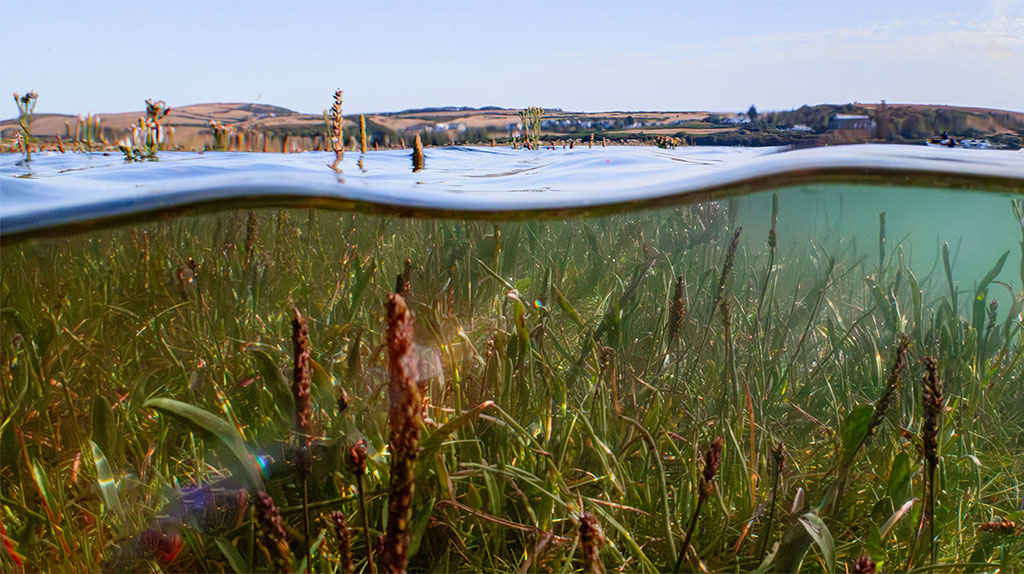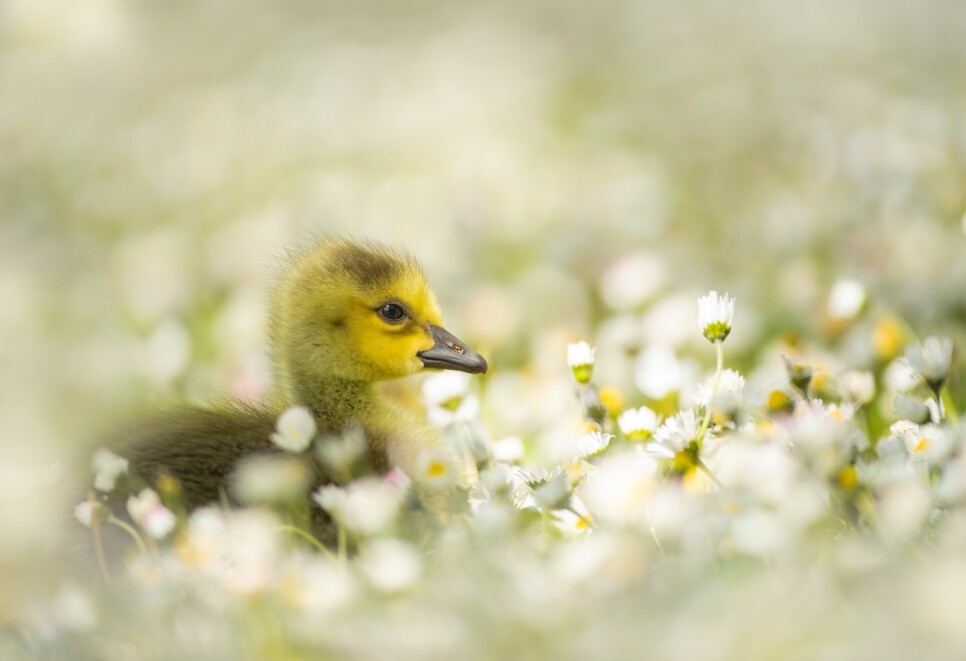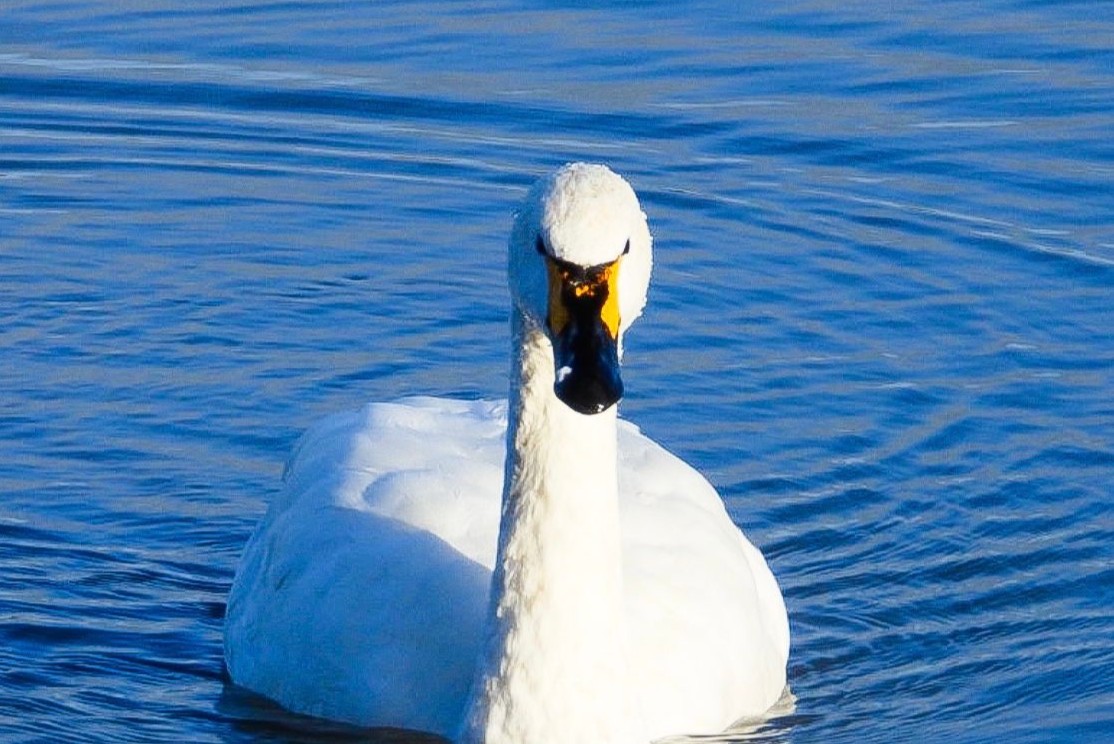Cranes pushed to the edge by floods on the Somerset Levels
A flock of cranes that ended up at the centre of a once-in-200-year flood has given researchers a rare insight into how wildlife copes with extreme weather.
The cranes’ progress was being tracked by researchers from the University of Exeter, the Wildfowl & Wetlands Trust (WWT) and RSPB when severe flooding hit the Somerset Levels in 2013.
The study published today in the Springer Nature journal Scientific Reports found that the floods forced the cranes out of their usual roosts and feeding sites, and caused them to spend two extra hours a day searching for food along the margins of the flooded areas.
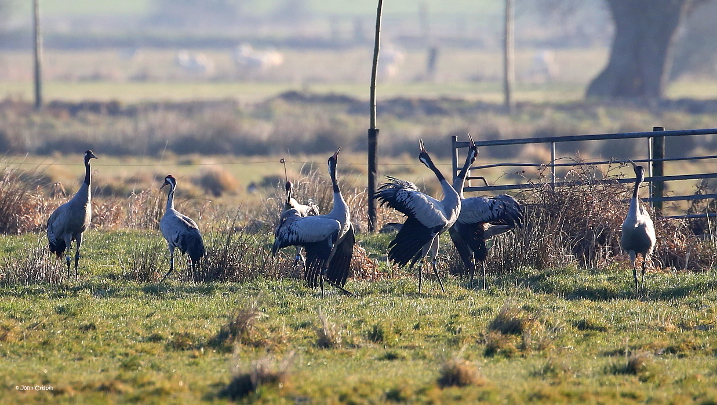 (c) John Crispin
(c) John Crispin
Andrea Soriano, the PhD student at the University of Exeter who carried out the research said:
“Climate change means we are seeing extreme weather occur more frequently. Monitoring the effects of those events is essential so that we can design and implement successful conservation plans.”
Geoff Hilton, WWT’s Chief Scientist and co-supervisor on the project said:
“Shallow winter flooding is normal on the Somerset Levels, but no one expected the crane flock to end up at the centre of floods so severe that they became a global news story. They were literally pushed to the edge but they pulled through in the end.
“Extreme weather events are inherently unpredictable, so it is very rare for wildlife researchers to be in the right place at the right time, able to monitor in detail how animals cope; we’ve gained valuable insights here.”
Damon Bridge, Project Manager with the RSPB in Somerset, said
“It is encouraging that although the floods were extreme that winter, large in extent, and disruptive to the birds’ usual pattern - they survived. They are remarkably resilient, adaptable and tough creatures, character traits that will serve them well as they gain a permanent foothold once again in the Levels and Moors.”
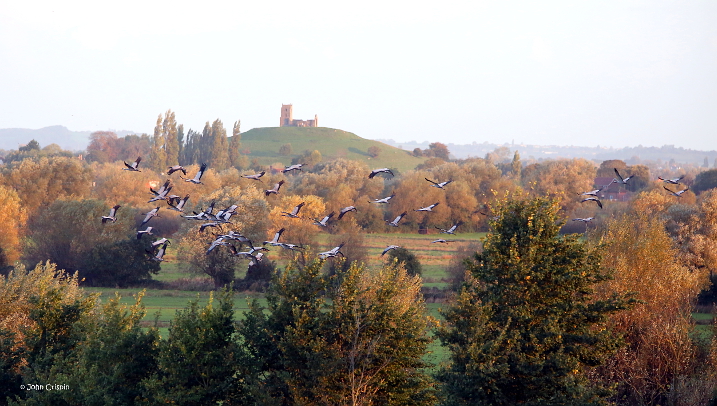 (c) John Crispin
(c) John Crispin
The researchers were engaged in a three year project to study the survival and breeding behaviour of 70 cranes released by the Great Crane Project – an attempt by WWT, RSPB and the Pensthorpe Conservation Trust to reintroduce cranes to the South West. Andrea Soriano used tracked their movements to understand how they use the wetland landscape, and what food resources they use. The science team can use the information to advise people how best to create crane-friendly wetlands, and help the population to spread and thrive.
Professor Stuart Bearhop, of the University of Exeter, oversaw the study. He said:
“This study provides evidence that some species might withstand the consequences of extreme climatic events to a certain extent. Nevertheless, responses are likely to be varied and with some species could well be more vulnerable than others. However, more research is needed in this area.”
